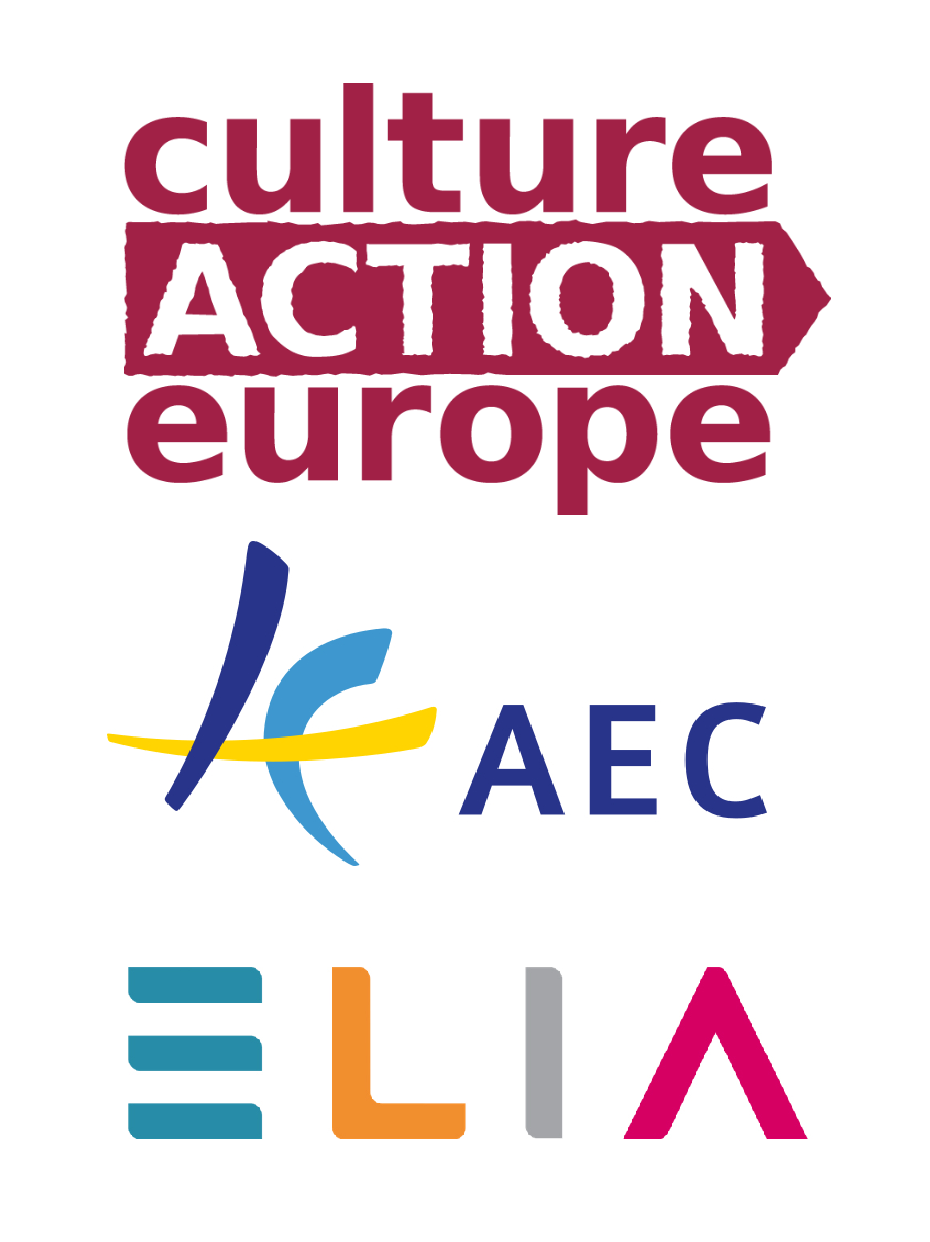On 25 April, Culture Action Europe (CAE) and other key organisations representing the interests of the arts and culture at European level, had invited current and future political decision makers to debate key points of a future European cultural policy.
On the one hand, this online dialogue took place in four popular chat rooms dedicated to specific topics: Education & Research, Labor & Working Conditions, Sustainable Future, European Values & Identities.
On the other hand, chosen representatives of different parties and parliamentary groups were also directly available for discussion: Petra de Sutter from the Green Party, Julie Ward from the Social Democrat Goup, Elisabeth Altekoester from the European Conservatives and Reformists Party, and Raquel García from D66, Liberal Democratic Party.
To sum up, besides Elisabeth Altekoester whose statements remained on a very general level and lacked a cultural-political vision, all other speakers have shown that there is an awareness in many parties of the need and the benefits of arts and cultural education. Still, it will be their task to translate these commitments into corresponding political actions, and it will be our responsibility to remind them to do so. All the representatives of populist parties, both from the right and from the left should also be reminded to participate.
On the one hand, this online dialogue took place in four popular chat rooms dedicated to specific topics: Education & Research, Labor & Working Conditions, Sustainable Future, European Values & Identities.
On the other hand, chosen representatives of different parties and parliamentary groups were also directly available for discussion: Petra de Sutter from the Green Party, Julie Ward from the Social Democrat Goup, Elisabeth Altekoester from the European Conservatives and Reformists Party, and Raquel García from D66, Liberal Democratic Party.
To sum up, besides Elisabeth Altekoester whose statements remained on a very general level and lacked a cultural-political vision, all other speakers have shown that there is an awareness in many parties of the need and the benefits of arts and cultural education. Still, it will be their task to translate these commitments into corresponding political actions, and it will be our responsibility to remind them to do so. All the representatives of populist parties, both from the right and from the left should also be reminded to participate.
What else can we do in the run up of the European elections? What can AEC members do?
AEC has done in joint action with ELIA by launching a set of questions ('Wahlprüfsteine'), which aim to make policy makers more aware about the role and benefit of arts and culture and to bring up certain issues to their minds and consciousness. AEC encourages its member institutions to use this set of questions to address their local candidates for European Parliament, as they are focusing specifically on higher arts educations which can be used meetings and interventions:
- Recent statements emerging from the European decision-making bodies are regularly pointing out that culture is key to build a European identity and "the glue that holds Europe together". Do you agree with this statement? If so, what specific measures are you planning to strengthen the cohesion of European societies through art and culture?
- Art education within school curricula is of prime importance to support the intellectual and creative development of our children. What specific measures do you intend to make educational offers in the field of the arts and culture accessible to every single adolescent citizen of the European Union?
- What is, in your opinion, the responsibility of politics for ensuring adequate infrastructure and funding to enable the performance, preservation and promotion of arts and art education at all levels? What contribution do you expect from higher art education institutions?
- Innovation and critical thinking are based on creativity, artistic work and research. What measures are you planning to enable institutions of higher art education to strengthen research-based teaching, artistic research and the development of new blended competences?






